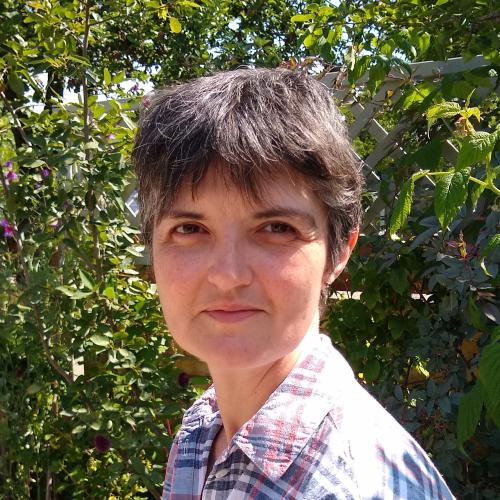Professor Philippa Hoskin
MA (Oxon) DPhil (Oxon) DAA FRHist.S. FSA
Philippa Hoskin became a fellow of Corpus in 2019, joining the college from the University of Lincoln, where she had been Professor of Medieval Studies in the Department of History and Heritage and School Director of Research. She was previously at the University of York in research, teaching and archival roles.
Philippa’s research focuses strongly on the English medieval written record with a particular interest in using information about the structure and creation of formal administrative records to answer new research questions. Her recent monograph Robert Grosseteste and the 13th-century Diocese of Lincoln: An English Bishop’s Pastoral Vision, synthesised the evidence of the bishop’s administrative practice with his theological understandings of the nature of the relationship between god and people. Previous work has engaged with amongst other things, spiritual drivers that drove the bishops of the mid-13th century to engage in political revolt, Robert Grosseteste’s use and abuse of Aristotle’s Ethics, and the practicalities of record-creation for itinerant clerical households.
She has particular expertise in the scholarly editing of medieval documents, producing both print digital editions, and in supporting the management of historical manuscript and print collections. She is a Vice-President of the Canterbury and York Society and general editor of the Lincoln Record Society Kathleen Major Series of Medieval Records, and the British Academy’s English Episcopal Acta Project, and has worked with a number of digitisation projects including leading the Andrew W. Mellon funded Cause Papers of the Diocesan Courts of York project (church court records 1300-1858) and is currently chair of the AHRC Northern Way project steering committee. She is also chair of the Lincoln Cathedral Library Advisory Board.
Her most recent project was funded by a AHRC major research grant and explored what the incidental impressions made on wax seals at the time of their creation (finger and hand prints) reveal about the who was involved in the physical acts of sealing legal documents and what this suggests about how ordinary people understood the act of legal record creation and the significance of these ‘security’ seals. The project involved bringing together the expertise of forensic scientists with insights from medieval art history, literature, law and history. Its outputs have included, besides the academic ones, a collection of computer games.
She would be delighted to hear from anyone interested in collaborative projects concerning either her own research interests or, more broadly, the manuscript and printed collections of the Parker Library.
College Position
Fellow
University Position
Affiliated Professor in the Faculty of Divinity
College Offices/Posts
Gaylord and Dorothy Donnelley Fellow Librarian, Director of the Parker Library, Vice-President, Tutor
